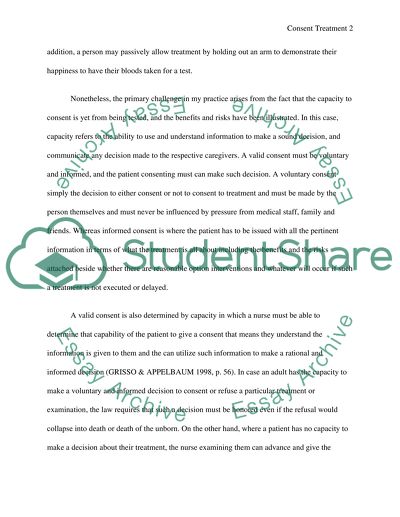Cite this document
(“A reflective essay on performance in a professional environment - 1”, n.d.)
A reflective essay on performance in a professional environment - 1. Retrieved from https://studentshare.org/nursing/1673485-a-reflective-essay-on-performance-in-a-professional-environment
A reflective essay on performance in a professional environment - 1. Retrieved from https://studentshare.org/nursing/1673485-a-reflective-essay-on-performance-in-a-professional-environment
(A Reflective Essay on Performance in a Professional Environment - 1)
A Reflective Essay on Performance in a Professional Environment - 1. https://studentshare.org/nursing/1673485-a-reflective-essay-on-performance-in-a-professional-environment.
A Reflective Essay on Performance in a Professional Environment - 1. https://studentshare.org/nursing/1673485-a-reflective-essay-on-performance-in-a-professional-environment.
“A Reflective Essay on Performance in a Professional Environment - 1”, n.d. https://studentshare.org/nursing/1673485-a-reflective-essay-on-performance-in-a-professional-environment.


